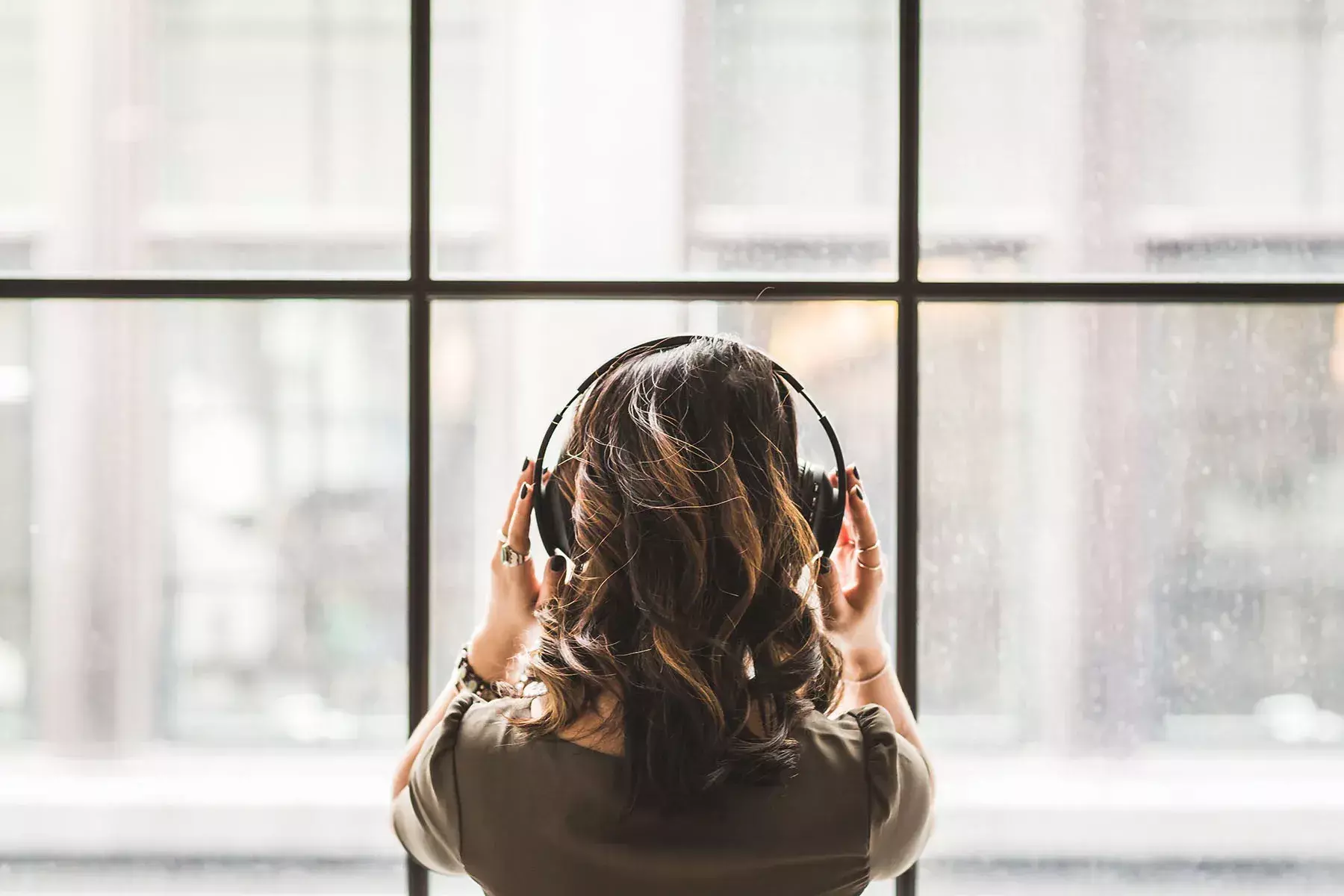Melodies of healing
In a world where stress, anxiety, and emotional challenges are prevalent, the therapeutic potential of music has gained recognition through the field of music therapy

When legendary jazz artiste Tony Bennett told his wife, Susan Benedetto, that he couldn’t recall the names of his bandmates, she initially thought it was the natural effects of aging. However, in 2017, Bennett was diagnosed with Alzheimer’s. Amidst the challenges posed by Alzheimer’s, Bennett found solace and support in the power of music. In an interview with ALZ Magazine in 2021, his wife said, “We listen to albums together all the time at home. Occasionally, a song will remind him of a story from earlier in his life, which is amazing. The way singing and dancing continue to capture him — he can’t help but gravitate toward it.” At present, 55 million people worldwide are affected by dementia, with nearly 10 million new cases arising each year. According to the World Health Organisation (WHO), dementia ranks as the seventh leading cause of death and a significant factor contributing to disability and dependency among senior citizens. Reports suggest music therapy interventions foster better social interactions between people with dementia and their caregivers.
Listening to music has a profound impact on the brain, which promotes good health and also aids in managing symptoms of various diseases. When we listen to music, it triggers different activities in the brain responsible for cognition, sensation, movement, and emotion. In the wide range of opportunities available in the music industry, the field of music therapy is also gaining importance. Music therapy involves the skilled use of music and musical elements to address the physical, emotional, cognitive, and social needs of individuals. A music therapist can work in healthcare, education, rehabilitation centers, community organisations and elderly care centres.
“A degree in music therapy can lead to many different job opportunities. Individuals of all ages with a range of needs, including those that are physical, emotional, and cognitive, are treated by music therapists. Music is used to aid with pain management, stress reduction, and the development of better communication skills. As the demand for holistic and integrative approaches to healing grows, music therapy emerges as a rewarding career option for those who are passionate about music and compassionate towards helping others,” said Dr Smriti Bharadwaj, HoD, theatre and music, Liberal and Creative Arts, Lovely Professional University.
Those willing to pursue music therapy need a bachelor’s degree or diploma from a recognised music academy. This degree equips students with theoretical knowledge, practical skills, and clinical experience necessary for professional practice. An internship or training is crucial in this case as it helps to get hands-on experience. Additionally, aspiring music therapists need to pass a national certification exam to become Board-Certified Music Therapist (MT-BC).
Udemy offers a certification course in Indian Music Therapy (Essentials), which discusses the scientific basis of Indian music therapy, points of convergence of Indian traditional science and modern science, the initial evaluation process, the framework of working with therapeutic process (from context of Indian music therapy intervention), research, design, administration, observation and outcome of Indian music therapy in non-hospital/non-clinical setup.
Chennai Music Therapy, one of the premier institutes imparting music therapy in India, runs CPMT online for musicians, psychologists, special educators, physiotherapists, occupational therapists, alternative and complementary therapists and sound engineers. The course comprises music therapy basics and principles, methods and procedures on a theoretical level apart from introducing Indian music healing systems and the ways it could be integrated into contemporary music therapy practice.
“A music therapy degree opens doors to a diverse range of career opportunities like clinical music therapist, research and academia and private practice. Music therapists can contribute to the field by conducting research, exploring the efficacy of different music therapy interventions, and sharing findings through publications or teaching at universities. Some music therapists choose to establish their private practice, offering individual or group sessions for clients with specific needs or goals,” said Dr Bharadwaj.
Music therapy can help cope with trauma, pain, anxiety, fatigue, stress, addiction, Autism Spectrum Disorder (ASD), children with developmental delays, seniors with cognitive decline, dementia, and other age-related conditions. American Music Therapy Association stated that the engaging nature and accessibility of music often elicit positive responses from individuals with ASD. Music therapy aids special education students to develop skills necessary for educational progress, such as increased communication skills, improved academics, or improved behavior related to engagement.
“Music intrinsically is itself of therapeutic value. Historically, music, especially soft and non-jarring music, particularly, chants, prayers and blissful music have been used as a form of ‘healing’, both mental and physical. Several studies and including my practice of using music therapy for patients with stress, anxiety, depression, inner restlessness, agitation, spiritual disquiet and patients with dementia and even mentally challenged children, have proved to be of great benefit, paving the way towards recovery and achieving mental ‘oceanic feeling,” said Dr Siladitya Ray, consultant physiatrist and stress management expert, Kolkata.
Legendary Paul McCartney of The Beatles has been involved in music therapy initiatives and BBC’s ‘Power of Music’ documentary in 1988 showed him playing music for children with autism. Music superstar Sting has also supported organisations like Nordoff and Robbins, UK’s largest music therapy charity. “I am a perfect example of the effectiveness of music therapy,” he said.
Sangeet Natak Akademi Award-winning tabla maestro Bickram Ghosh said music therapy has a tremendous impact on special education kids. “I think it has been a big game changer. Children with special needs have a unique power to absorb music. Also, music has an impact of not just calming the senses but also bringing the world together,” he said.



